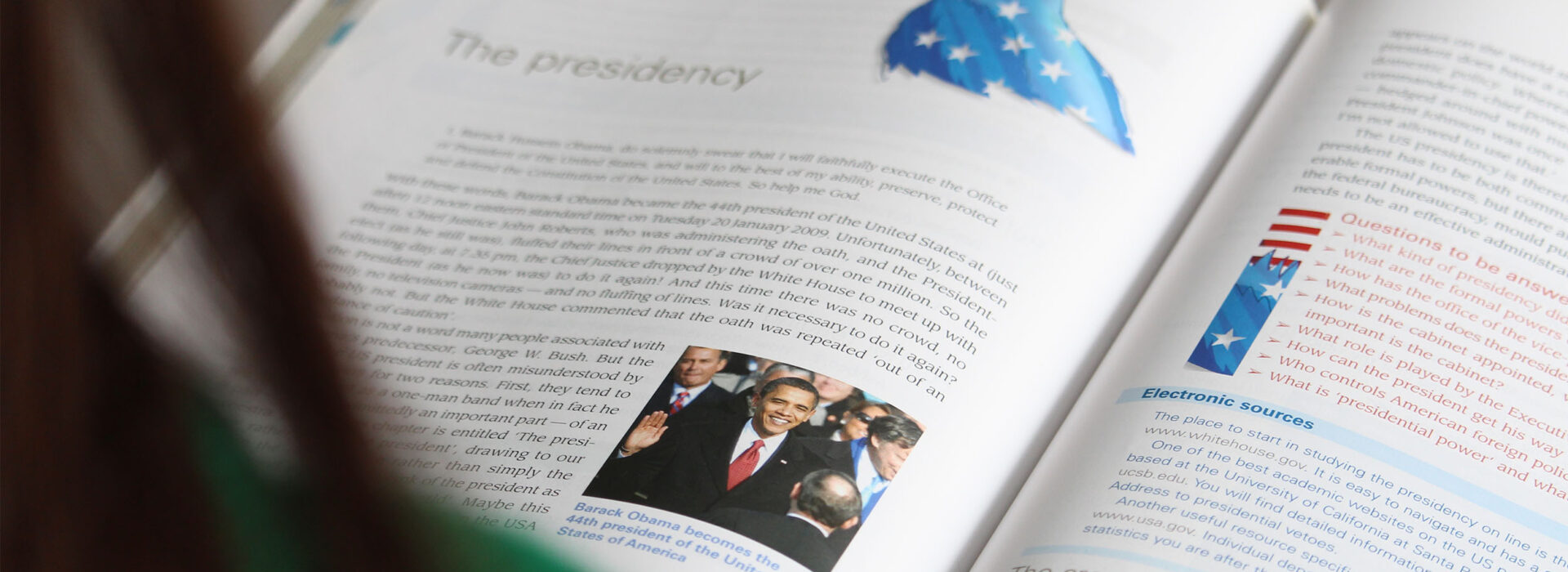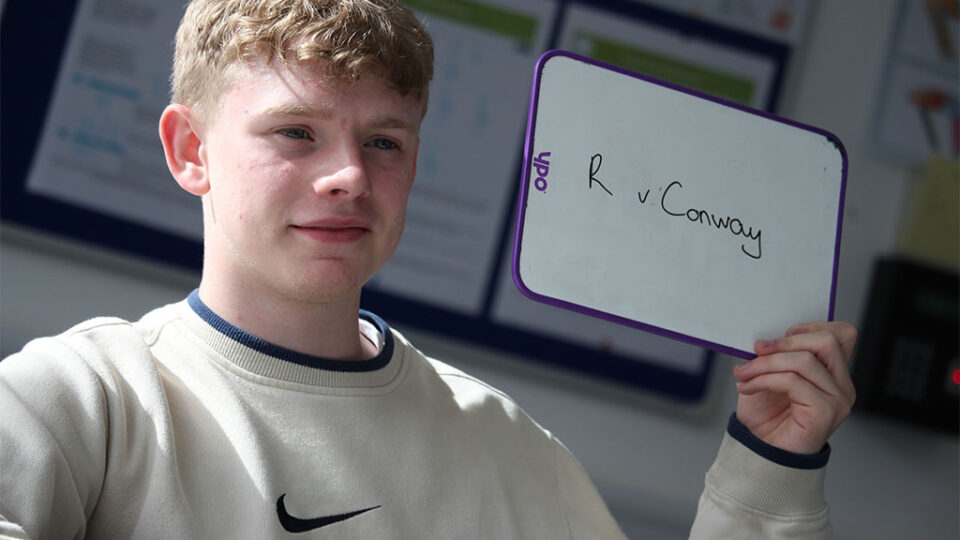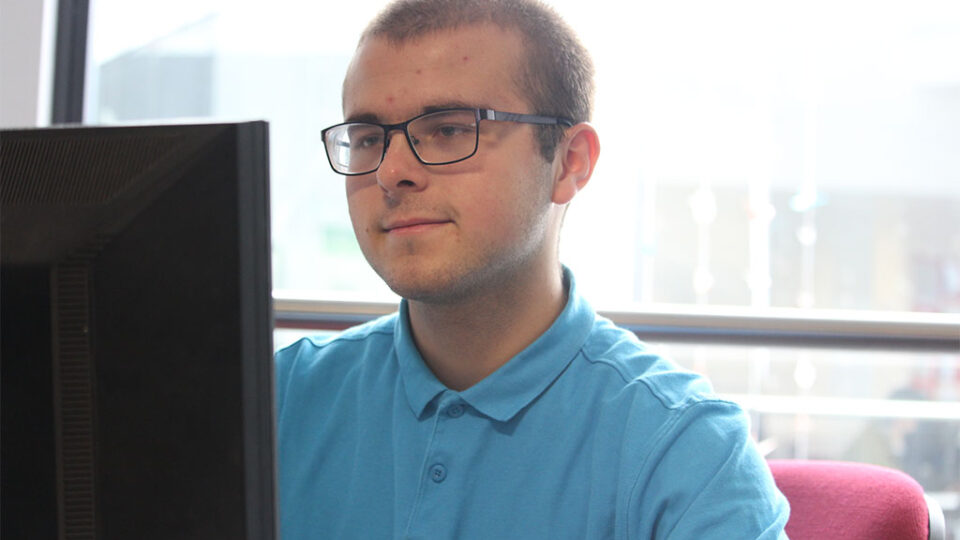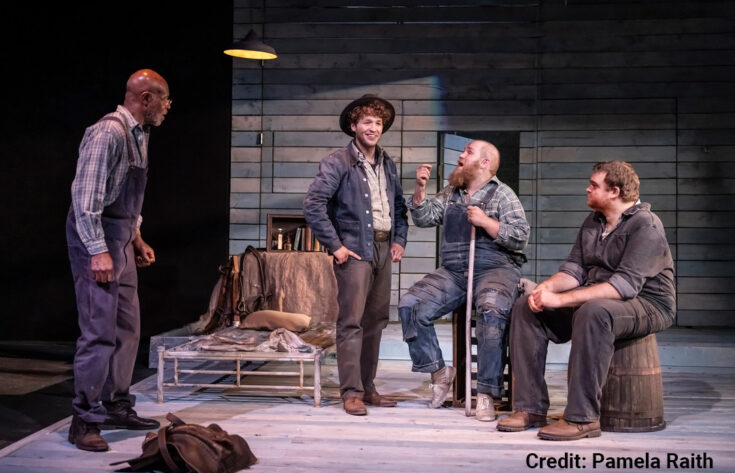Politics
Politics is the most dynamic subject a student can study: it changes every day. Studying the course will answer questions such as: what is power; why do people vote the way they do; do we have a ‘participation crisis’ in the UK; why are some Prime Minsters more powerful than others and are judges more powerful in the USA than the UK?
The course also allows students to study the fundamental ideologies that have influenced most political thought over the past 250 years; Liberalism, Conservatism, Socialism and Nationalism.

Paper 1: UK Politics
- UK Democracy and Participation: is the UK a good example of a liberal democracy? Is there a ‘participation crisis’ in the UK?
- UK Voting Behaviour: why do people vote for the party or candidate they do? Why do some people not vote?
- Political Parties: understanding the history and policies of the Conservative, Labour and Liberal Democrat parties.
- UK Pressure Groups: how do groups like Greenpeace and the CBI influence the political system?
- UK Core Executive: a look at the inner workings of the UK government including the Prime Minister and Cabinet.
- Parliament: a study of the UK’s legislative branch. Is it effective in carrying out its key functions?
Paper 2: US and Comparative Politics
- US Constitution: analysing the US’s codified constitution and federal system of government
- US Presidency: evaluating presidents from George Washington to Donald Trump
Paper 3: Political Ideas
- Liberalism: studying core liberal concepts such as freedom and justice.
- Conservatism: studying core conservative principles such as hierarchy and property
- Socialism: studying core socialists concepts such as collectivism and equality
- Nationalism: studying core nationalist principles such as sovereignty and the state
Many of our students study Politics and Politics-related subjects at universities around the country. Other than single honours Politics courses, many choose to take it with Law, History, Philosophy or Economics. Related courses include Parliamentary Studies, Journalism, American Studies or International Relations. Careers in the Civil Service are common, as are careers in journalism, front-line politics, public relations and political lobbying.
We have many guest speakers, including MPs, Lords, Civil Servants and local politicians. We enter students for Model UN and debating competitions (We are NW Champions!).
We have a trip to Washington DC and Philadelphia. For more information about this trip please see the Trips and Travel page













